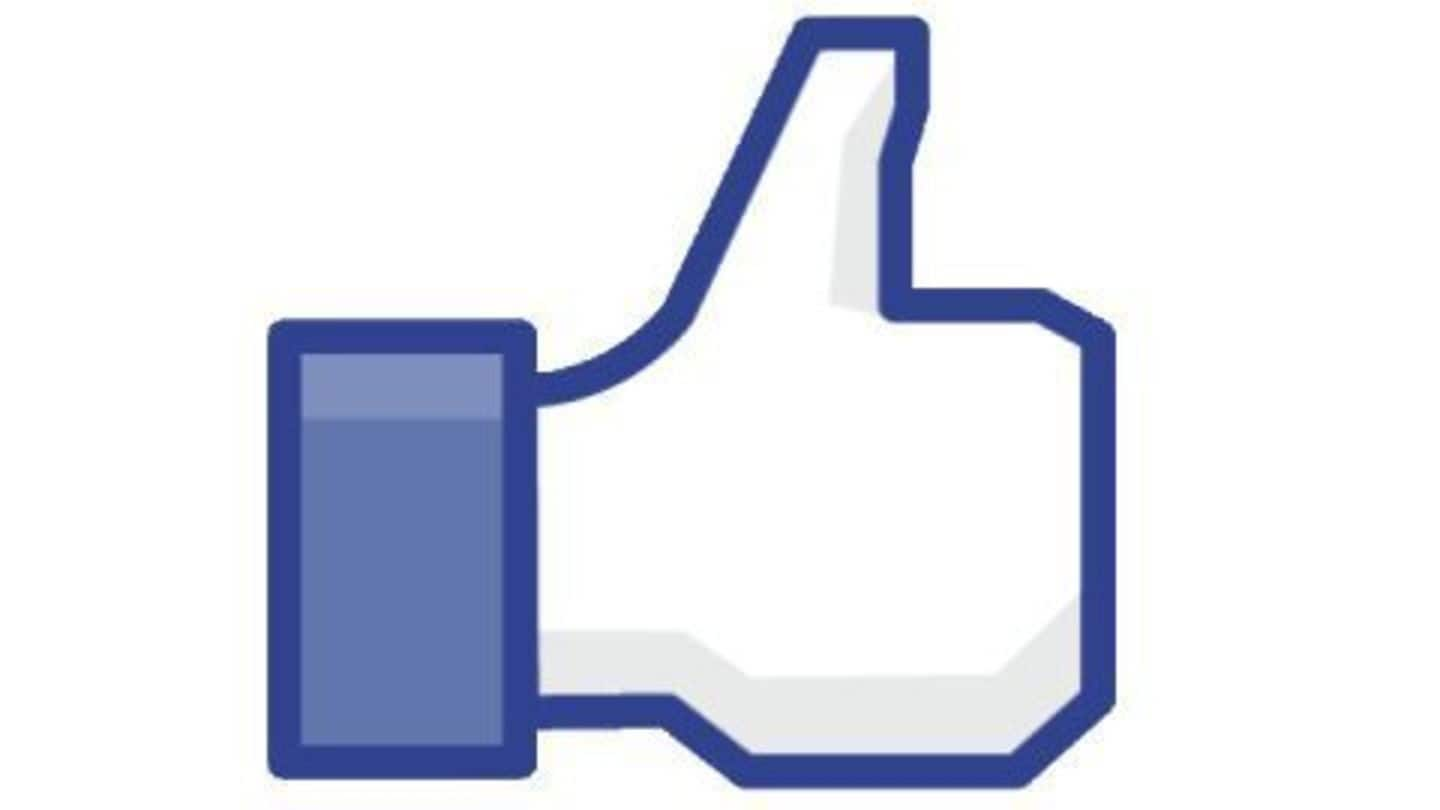
Facebook turns 12!
What's the story
Social networking giant Facebook marked its 12th birthday with 1.5 billion active users on the platform. Founder Mark Zuckerberg urged all facebook users to celebrate February 4 as #friendsday, to commemorate the birth of the world's most widely used social media platform. Facebook is also releasing a series of new sticker packs today, including ones labeled "Friendship" and "Best Friends"
Introduction
What is Facebook?
Facebook is an online social networking service headquartered in Menlo Park, California. It was launched on 4 February 2004, by Mark Zuckerberg and fellow Harvard students Eduardo Saverin, Andrew McCollum, Dustin Moskovitz and Chris Hughes. The website acts as a forum that allows users to exchange messages, post status-updates and photos, share videos and use various apps with their "friends" connected on the platform.
Information
Quick Stats
Facebook has 12,691 employees, 1.59 billion users, 1.04 billion daily active users and has reduced the degree of separation between any two Facebook users in the world to an average of just 3.57 as on 31 December 2015.
Early History
The early years of Facebook
On 1 March 2004, the Facebook expanded from Harvard to include Stanford, Columbia and Yale. On 1 September 2004, it launched the concept of the "wall" where members could post messages. As of 1 December 2004, 1 million users were active on the Facebook. By September 2005, after expanding across over 800 college networks, it dropped "the" from the name to become Facebook.
Public Access
Expansion, mobile application and public access
On 1 October 2005, Facebook added the option of uploading pictures, enhancing the user experience. By December 2005, Facebook had 6 million registered users. Facebook launched mobile services in April 2006, and by September that year, Facebook expanded registration so anyone could join the network. The move paid off and within just three months, Facebook's user base doubled to 12 million users.
Innovating Socialization
Likes, videos, connect, groups
Facebook continued to innovate the user experience and in 2007, launched video sharing services. In 2008, Facebook introduced 2 crucial elements, Facebook Chat and Facebook Connect. Using connect, users could now use their Facebook accounts to authenticate their identity in applications and other websites. In 2009, Facebook created the iconic "like" feature, allowing users to express their approval for posts without using words.
Recent Growth
Expansion to total domination
By 2010 Facebook integrated maps into their platform and created a range of personalized access applications for Android and Apple. Over 845 million users were active on Facebook by 2011. It announced its Initial Public Offering in 2012 and set off a series of acquisitions, including Instagram, Atlas, Occulus and WhatsApp. By 2015, Facebook became the single most visited website on the internet.
Controversies
Some controversies faced by Facebook
In 2011, Greenpeace stated that Facebook was most reliant on coal for electricity for its data centers among top cloud computing brands. That year, an email was sent to journalists making serious allegations about Google's privacy policies. It emerged that Facebook paid-off a PR firm to circulate the fake news. That year, third-party applications accidentally released information on 500 million Facebook users to advertisers.
Media Impact
How has Facebook changed marketing and data journalism?
The introduction of pages on Facebook, revolutionized advertising and customer relation modalities. Brands were now able to reach out to millions of users directly, for a fraction of the cost incurred on other electronic media. It revolutionized consumer relations as brands could be targeted publicly for sub-standard services or products. Facebook's data management centers help journalists and policy-makers understand public perception and social trends.
Political Impact
Has Facebook affected policy making?
During the 2011 Arab Spring, Facebook became the primary tool for connecting all protesters and led the Egyptian government of Prime Minister Nazif to ban Facebook and Twitter. That year, Facebook was utilized by the Bahraini regime as well as regime loyalists to identify, capture and prosecute citizens involved in protests. It has also been widely used by terrorist organizations including ISIS for recruitment.
Information
Aiding governments, forsaking privacy
Facebook has been accused of violating their users' privacy by sharing their account activity with governments. Wikileaks accused Facebook of aiding the US National Security Agency by providing bulk data of user activity from other countries.